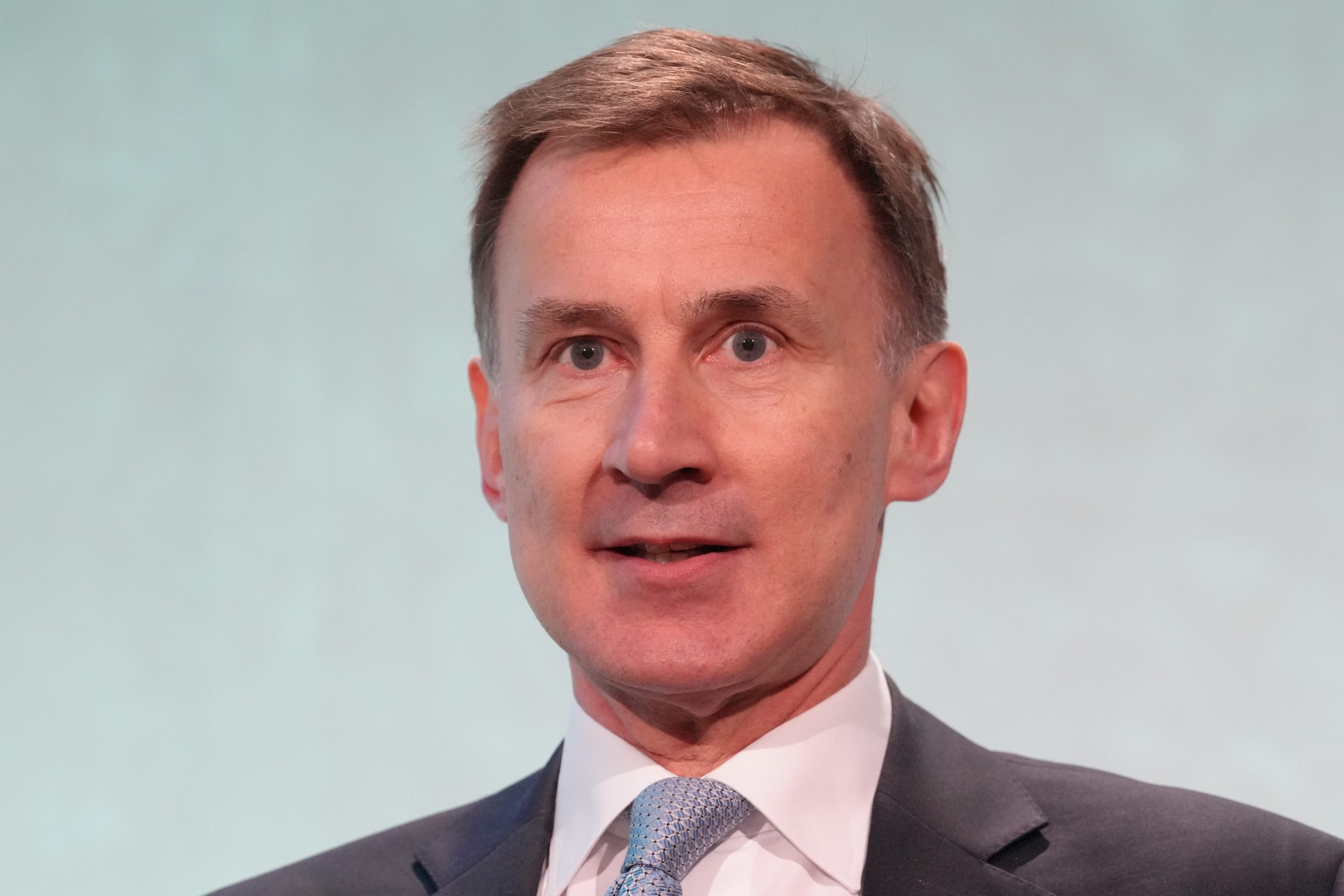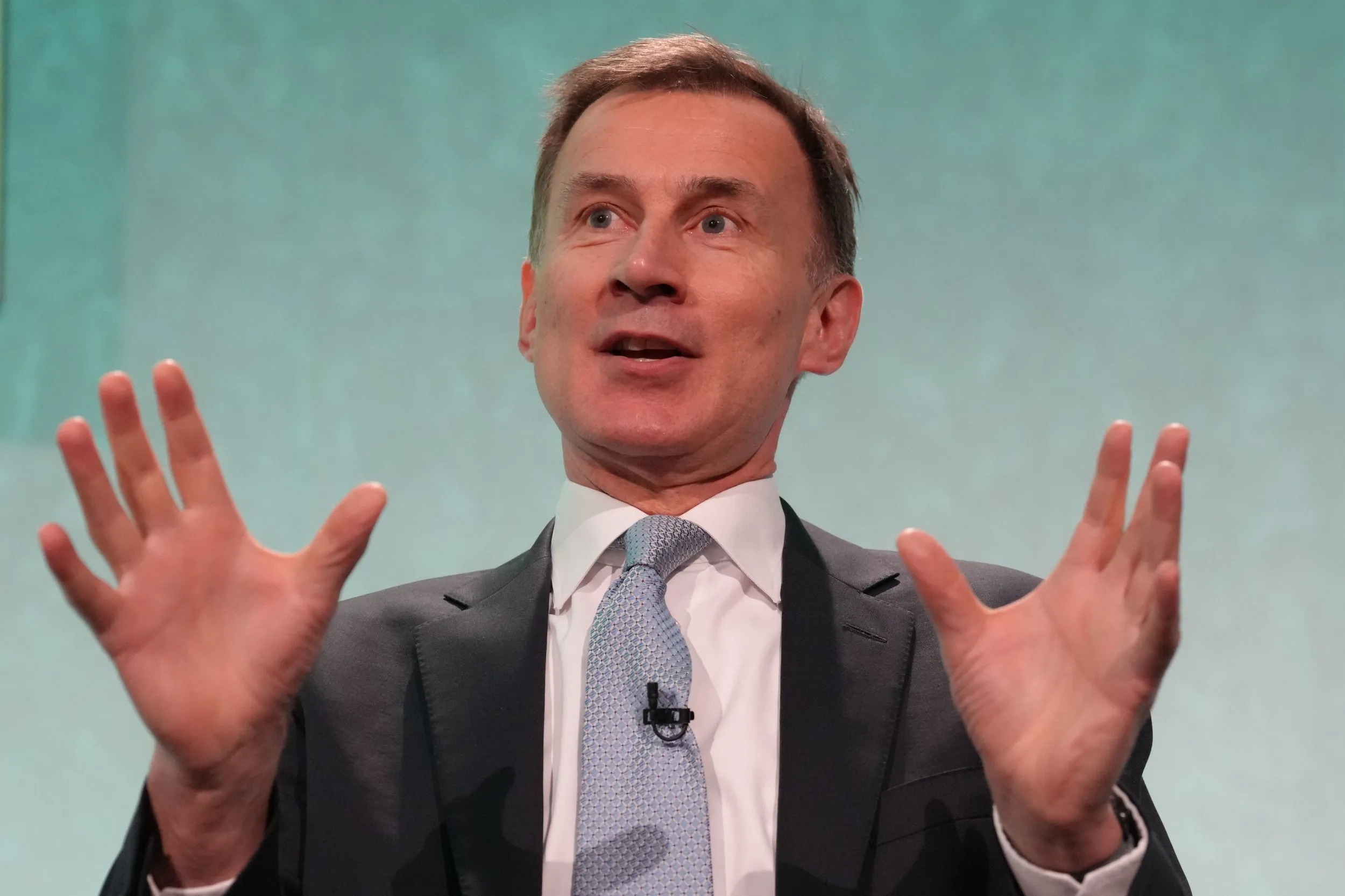The recent budget proposed by the Conservative government has sparked criticism for its perceived favoritism towards the wealthy at the expense of public services and ordinary workers.
Critics argue that while the government is pushing for headline-grabbing tax cuts, it is also implementing stealth tax rises and cutting public spending, creating a misleading impression of support for workers.
Chancellor Jeremy Hunt’s approach to funding tax cuts by slashing public services has been scrutinized. Critics suggest that instead of cutting services, the government could raise taxes for the rich, given that the tax rates for corporations and top earners have decreased since the Conservatives came to power in 2010.

Jeremy Hunt (Credits: The Independent)
The planned tax cuts are expected to be funded by £25 billion in public spending cuts, according to the Institute of Fiscal Studies (IFS).
This has raised concerns about the impact on essential services such as local government, transport, education, and the justice system, which have faced significant challenges due to previous austerity measures.
Critics have also highlighted the government’s prioritization of military spending, promising further increases in this area. This starkly contrasts the continued cuts to public services, leading to accusations of misplaced priorities.
Additionally, the government’s freeze on income tax bands and personal tax allowances has been criticized as a stealth tax rise that disproportionately affects the poorest workers.
Critics argue that this and Labour’s commitment to similar austerity measures demonstrates a lack of concern for the most vulnerable in society.
The budget has been criticized for its perceived failure to address the needs of ordinary workers and its prioritization of tax cuts for the wealthy over essential public services.
Both the Conservative government and the Labour Party have been accused of perpetuating austerity politics, with a focus on reducing government debt rather than investing in public services and supporting those most in need.























